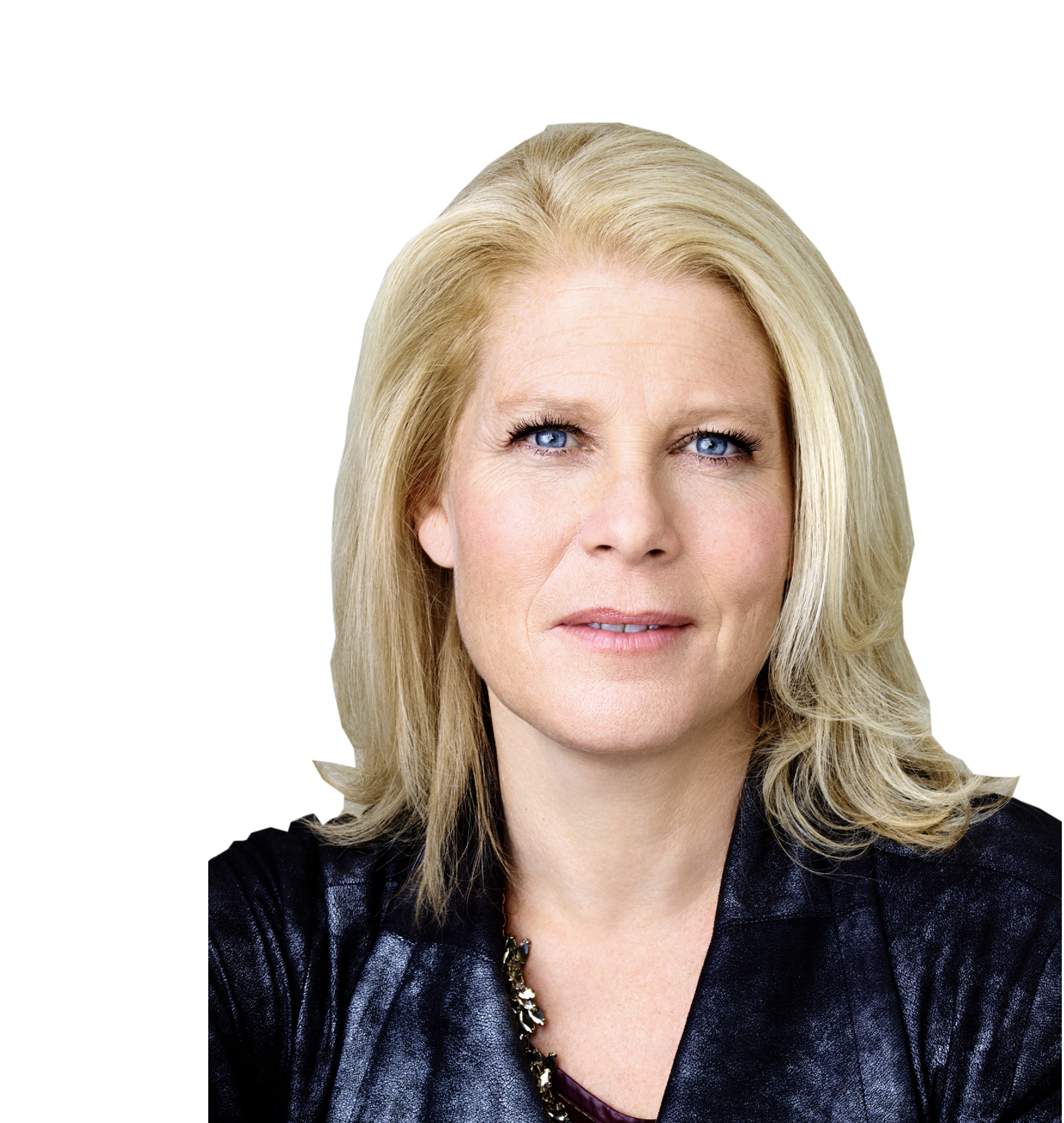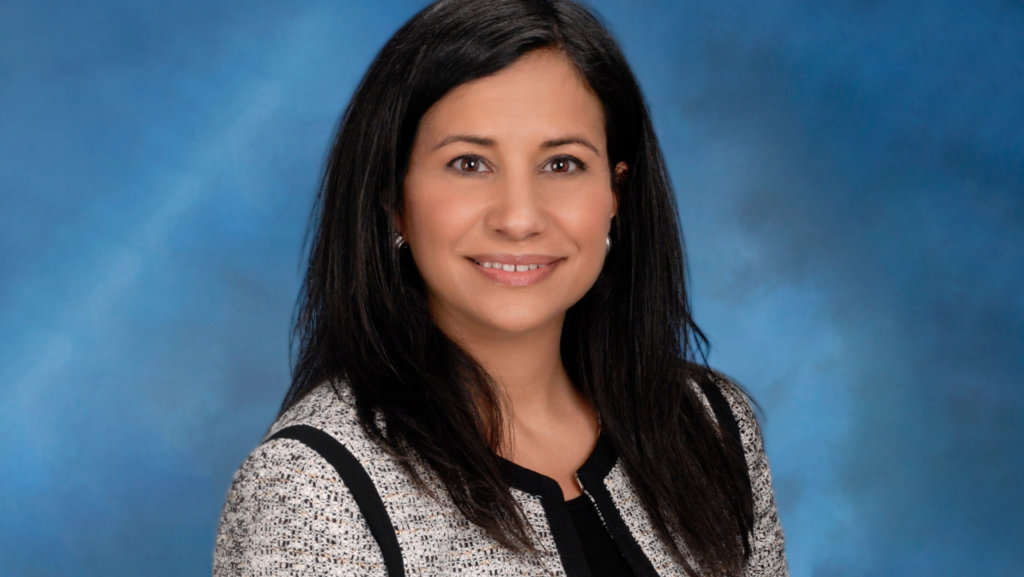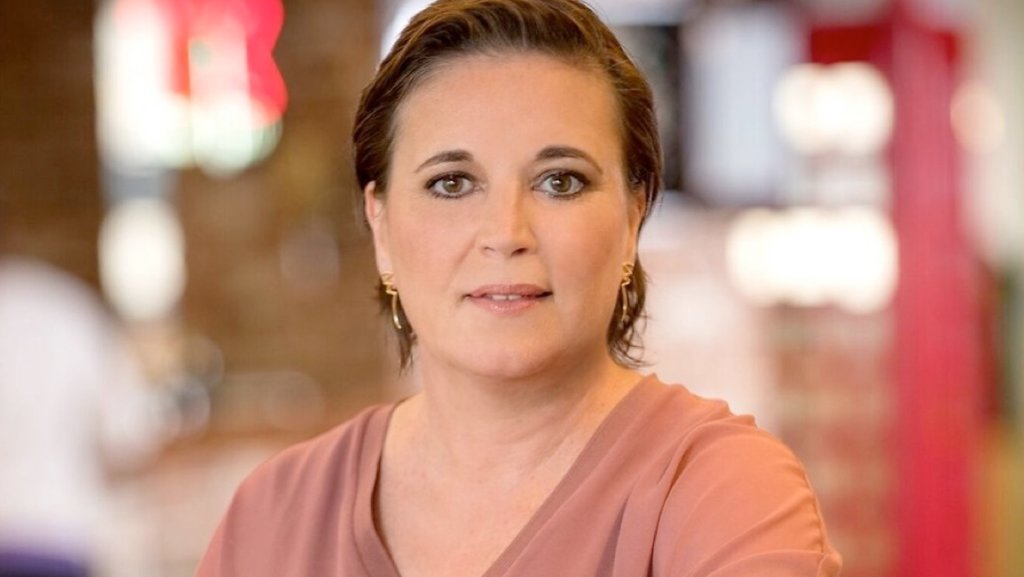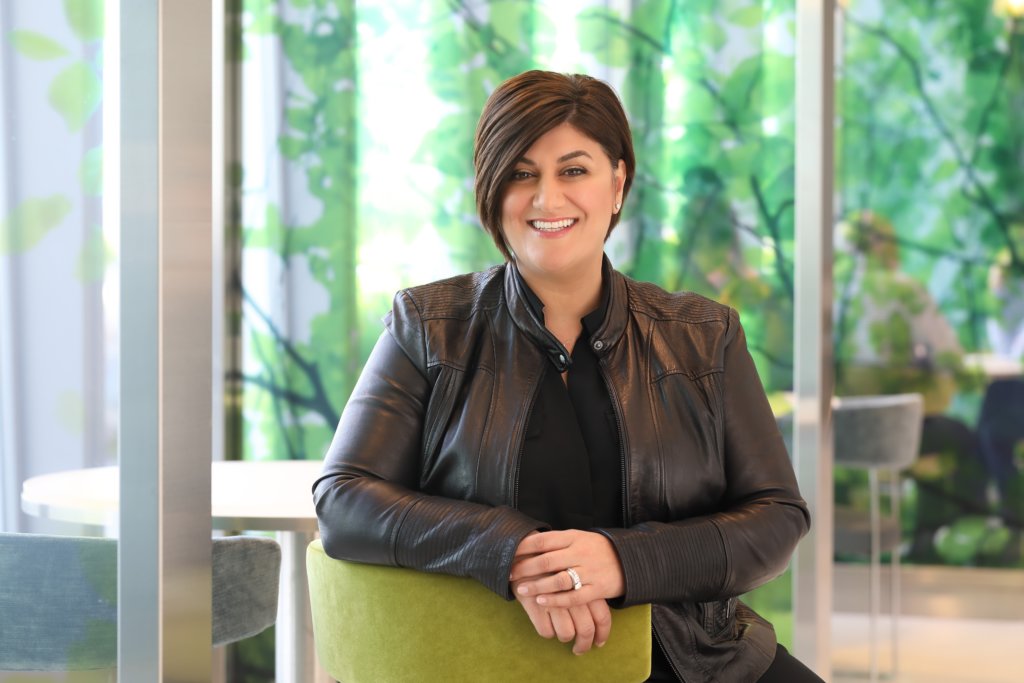
We are living history. One day we’ll be telling our grandkids about life during the coronavirus pandemic and, God willing, how we got through it. A moment like this has helped me realize what really matters—personally, of course. But professionally, too. And as companies work their business continuity plans in face of this pandemic, employees, customers and investors are paying close attention to how brands are showing up, and more pointedly what they are doing.
At GE, we are focused on the safety of our employees and doing our part in helping to provide what is most needed during this crisis.
GE already had a small ventilator business, and when the crisis hit, the team at GE Healthcare literally began working around the clock to increase production. Since the outbreak began, we have doubled our capacity of ventilator production, and we plan to double it again by the end of June. Just this week, Vice President Mike Pence visited our factory in Madison, WI, which we have turned into a three-shift, 24/7 operation, and praised the men and women at GE saying, “[you] have played a leading role in ensuring that our incredible health care providers have the resources and equipment they need to save lives, and we thank you.” We’ve had GE employees leave their vacations and drive across the country to take a shift in that factory—and that includes marketing executives. GE also teamed up with Ford to quickly scale ventilator production. As part of this collaboration, GE Healthcare is licensing and leveraging the design of an existing FDA-cleared ventilator from Airon Corp. Ford has scaled production at the Airon factory and started production at its own facility this week – with the goal of producing 50,000 ventilators within 100 days.
I’m proud of how the GE Foundation, our philanthropic arm, has contributed to COVID-related funding efforts. We pledged our financial support to the World Health Organization’s COVID-19 Solidarity Response Fund and contributed to long-time partner and disaster relief agency, Americares, to deliver 1.4 million protective masks to health care workers in 11 states and Puerto Rico. In our hometown of Boston, we donated to Mayor Marty Walsh’s Boston Resiliency Fund, to provide food for children and seniors, technology for remote learning for students, and support to first responders and healthcare workers. We’ve also offered our 250-bed learning facility in Westchester County outside New York City to Governor Cuomo, if needed for use as a hospital. And we are establishing an employee relief fund largely through the contributions of senior GE leaders who have donated a percentage of their salaries to support their colleagues.
It’s interesting to look at COVID-19 through the lens of the SeeHer movement. For starters, I see so many women leaders demonstrating tremendous empathy, collaboration, vulnerability and other so-called “female” traits that are so desperately needed during a crisis of this magnitude. It’s truly wonderful to see these qualities being valued in new ways.
There has been some debate as to whether gender equity will regress with so many of us at home. I believe it could be just the opposite. I have spoken to many men who aren’t stay-at-home dads but who are quite grateful for the extra time they are getting to spend with their families, at least most days! Secondly, with this new normal comes a new way to look at self-sufficiency: making sure we get our work done, that our kids can learn through distance learning, that our houses are clean (well, somewhat) and our meals cooked.
More and more, chores are being shared and responsibilities divided between the whole family, parents and kids. I’m sitting in my home office probably 15 hours a day while my husband is cleaning and cooking (thank god). So, I’m hopeful one of the after effects of COVID-19 could be more appreciation and joint responsibility.
I have a daughter and son in their early 20s. My goals are similar for both of them. I want them both to be inclusive leaders and open-minded humans. Diversity comes from being able to find, encourage and appreciate different points of view. And if there’s a silver lining to our current situation, it might be just that.


